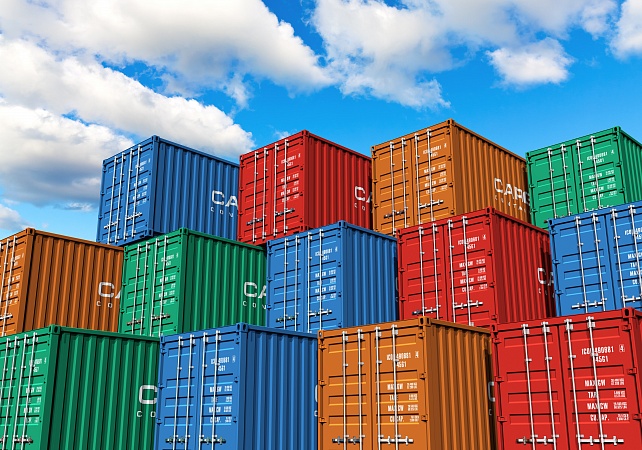The British International Freight Association (BIFA) foresees ocean rates remaining at «extraordinarily high» levels, possibly increasing and capacity staying «extremely tight» while the market will also be impacted by ongoing service delays and container shortages, as well as punitive surcharges.
In response to concerns expressed by its members, the industry body representing UK freight forwarding and logistics companies said it has been monitoring conditions in the international
container shipping market for some time, liaising with international organisations in order to compare market conditions around the world.
BIFA has now prepared a report for all of its members, «to help them highlight and explain to their clients how the present difficult position has arisen; the impact the current issues are having on the container market and wider economy; why it is so difficult to ameliorate the situation in both the short and longer term; as well as the potential for the immediate future.»
With regard to rates, the report warns members to expect more surcharges to be imposed by the lines, in part to cover higher charter rates, as well as additional port fees, quay rent and demurrage.
BIFA Director General, Robert Keen, commented: «BIFA has been challenging the legitimacy of arbitrary surcharges on behalf of our members — and their customers — for many years. There is a suspicion that the container shippping lines and others are cashing in on a crisis in global container shipping, created in no small part by their own actions.
«Over the last few years, we have seen surcharges for fuel, equipment imbalances, the peak season and currency fluctuations. Just this week a global port authority has announced an energy transition fee of £5 per laden import container! The number of surcharges and fees continues to grow — often with no real explanation or justification.»
With regard to capacity, BIFA predicts little prospect of additional allocations; and expects the shortage of landside transport will remain, whilst carriers will not accommodate low yield freight.
It added that there is likely to by ongoing short term changes to schedules and routings; accommpanied by service speed reductions and blank sailings.
Keen concluded: "The fundamentals that underpin demand and supply within the container shipping market show no signs of significant changes, which leads us to conclude that there is little chance of there being any improvement in the current situation for many months, or possibly even years.
"That is why we felt it necessary to provide our members with a report that helps them explain the ongoing issues that the freight forwarding industry faces, to a very disgruntled client set."




